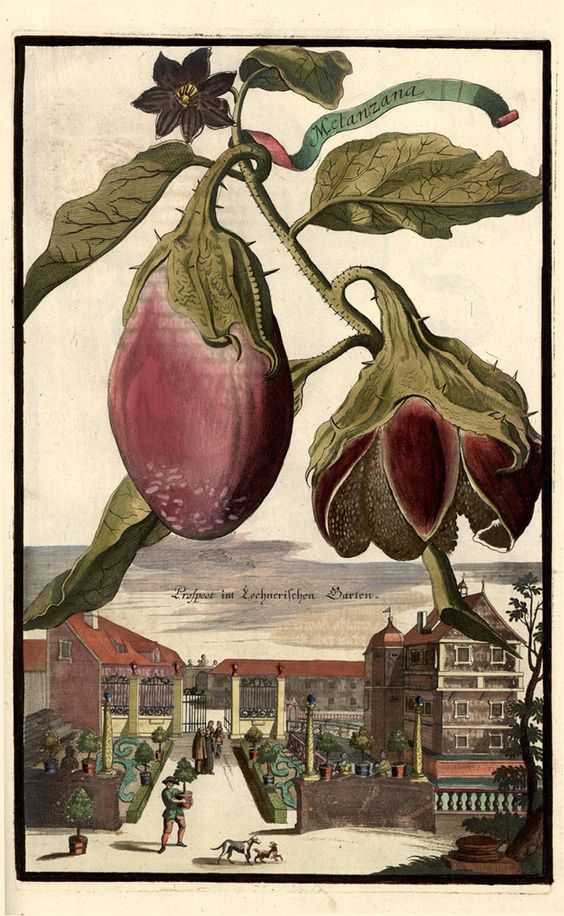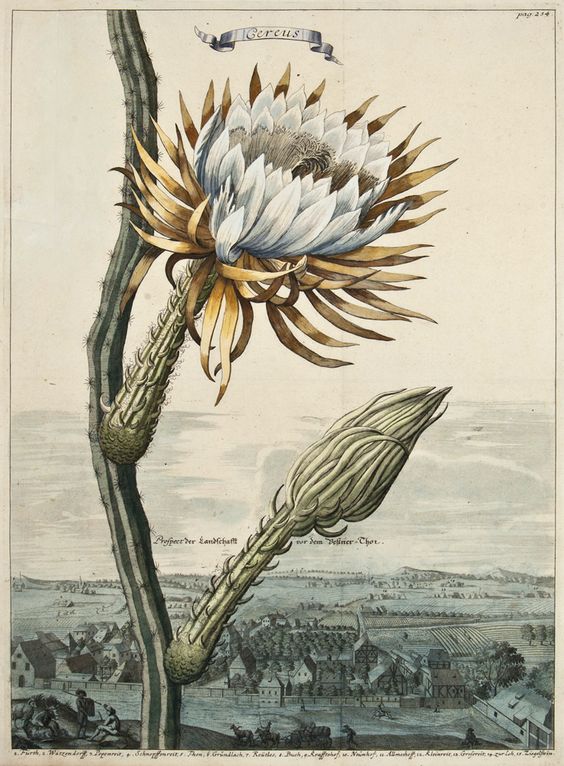"Weights
and measures all kinds have to be a similarly ''
E:If you have read at least one recipe from this blog... already you know that you will not find there weights and measures today understood.
E:If you have read at least one recipe from this blog... already you know that you will not find there weights and measures today understood.
„Miary
i wagi wszelakie jednakie być mają''
P:
Jeśli przeczytałeś (-łaś) choć jeden przepis kulinarny
z tego bloga już wiesz, że próżno szukać tam wagi i miary współcześnie rozumianej.
z tego bloga już wiesz, że próżno szukać tam wagi i miary współcześnie rozumianej.
E:
But from the beginning. If today we have: grams, kilograms, liters,
kilometers is like without weights
and measures were dealt much earlier?
This is the result of logic because it was based
on the average size man: siag, elbow, span, foot, jump.
and measures were dealt much earlier?
This is the result of logic because it was based
on the average size man: siag, elbow, span, foot, jump.
P: Ale od początku. Jeśli dzisiaj mamy: gramy, kilogramy, litry, kilometry to jak bez wagi i miary radzono sobie dużo wcześniej?
To
wynikało z logiki bo opierały się na przeciętnych wymiarach
człowieka: siąg, łokieć, piędź, stopa, skok.
E: Of course, such measures existed in Poland and were not covered by its borders. This began to change under the influence of business contacts with foreign buyers. And then came the use of new weights and measures: cask, inch, centner, pound, hub, klafter, Ian, laszt, lut, mendel, mile, morga, rope, a dozen, wierteł.
P:
Oczywiście takie miary egzystowały w Polsce
i nie miały pokrycia za jej granicami. Zaczęło się
to zmieniać pod wpływem kontaktów handlowych
z kupcami zagranicznymi. I wtedy weszły w użycie nowe miary i wagi: antał, cal, centnar, funt, huba, klafter, łan, łaszt, łut, mendel, mila, morga, sznur, tuzin, wiertel.
i nie miały pokrycia za jej granicami. Zaczęło się
to zmieniać pod wpływem kontaktów handlowych
z kupcami zagranicznymi. I wtedy weszły w użycie nowe miary i wagi: antał, cal, centnar, funt, huba, klafter, łan, łaszt, łut, mendel, mila, morga, sznur, tuzin, wiertel.
E:
When we look at the old Polish law to see that scrupulously sought to
standardize weights and measures throughout the country. But the
state also was forgiving of provincial autonomy honored.
P:
Gdy przyjrzymy się prawu staropolskiemu
to zauważymy, że skrupulatnie dążono do ujednolicenia miar i wag w całym państwie. Ale państwo jednocześnie było wyrozumiałe dla prowincjonalnych odrębności uświęconych tradycją.
to zauważymy, że skrupulatnie dążono do ujednolicenia miar i wag w całym państwie. Ale państwo jednocześnie było wyrozumiałe dla prowincjonalnych odrębności uświęconych tradycją.
E:
Today, being in England, you know, that drive on the left side of the
street, the temperature in the US will have shown in Fahrenheit and
in Europe it will measure Celsius. Truth? So it used to be going to
the province was known about these differences and simply adjusted to
them.
P:
Dzisiaj
będąc
w
Anglii wiesz, że jeździ się po lewej stronie ulicy, w USA
temperaturę będziesz
miał pokazaną
w Fahrenheitach
a w
Europie
zmierzysz
ją Celsjuszami.
Prawda? Tak też kiedyś jadąc do prowincji wiedziano
o tych różnicach i najzwyczajniej dostosowywano się
do nich.
o tych różnicach i najzwyczajniej dostosowywano się
do nich.
E:
And what said regulations on measures and weights?
And so in 1420, "measures of grain, dresses and other things of earth by the peasants to market imported, by the governor for each year they have to be constituted."
And so in 1420, "measures of grain, dresses and other things of earth by the peasants to market imported, by the governor for each year they have to be constituted."
P:
A co mówiło prawo o miarach i wagach?
I tak
1420 roku: „miary zboża, sukien i innych rzeczy ziemnych przez
kmiecie do targu wożonych, przez wojewodę na każdy rok stanowione
być mają.”
E:
In 1511 r. Recorded that "the measure of the ancient decided
upon, is to be retracted from the merchants that if someone lost,
according to the statute by the governor to be punished.''
P:
W 1511 r. uchwalono, że „miara ze starodawna postanowiona, ma być
od kupców chowana, którą gdyby kto utracił, według statutu przez
wojewody i starosty karany być ma”.
E:
In 1565. It was decided that the "weights and measures all kinds
of one event to have that provincial governors after the parliament,
each in his province, he made Convocation offices of the governor,
and the City Council in the province should tell and justly meted
out, according to the same locks main governors, and to every town
and village in their characteristic cast, where the town hall are to
be kept, free to everyone
and everywhere aimed at the wine in the statute described in use. "
and everywhere aimed at the wine in the statute described in use. "
P:
W 1565 r. postanowiono, że „miary i wagi wszelakie jednakie być
mają, które wojewodowie po tym sejmie, każdy w swojem
województwie, uczyniwszy konwokację dygnitarzów i urzędów
starościch, i Rady miasta główniejszego, w onemże województwie
powinni opowiedzieć i sprawiedliwie wymierzawszy, oneż na zamki
główne starostom, i do każdego miasta i miasteczka pod swą cechą
oddać, gdzie na ratuszu mają być chowane, darmo każdemu
wymierzone i wszędy pod winami
w statuciech opisanemi używane.”
w statuciech opisanemi używane.”
E:
In 1507 the weight and elbow were razed
and,, in its extent left. "
and,, in its extent left. "
E: In 1565 it was introduced elbow Krakow
as valid in all ,,Korona”
P:
W
1565 roku
wprowadzono łokieć krakowski jako obowiązujący w całej Koronie.
E:
In
1613. It was determined measure of Vilnius and Kaunas Reservoir also
ordered to measure targeted and calibrated were "chains of iron
or copper armed, one town hall and one in the bulkheads and were in
need were given."
P:
W
1613 r. określono miary wieleńskie
oraz kowieńskie jednocześnie
nakazano, aby miary wymierzone
i cechowane były „żelazem okowane, albo z miedzi urobione, jedne na ratuszu a drugie w grodzie zostały
i potrzebującym dawane były”.
i cechowane były „żelazem okowane, albo z miedzi urobione, jedne na ratuszu a drugie w grodzie zostały
i potrzebującym dawane były”.
E: The need to standardize the measurement may indicate that considerable differences between the values corresponding to the same unit (with the same name)
in different systems. It should be emphasized that the same area and at the same time could be used for different measurement systems. Measurement units, which are standardized measure until today in Poland, has been introduced since 1872 and covers all stages of the lands.
P: O potrzebie ujednolicenia miar może świadczyć fakt sporych różnic między wartościami odpowiadającymi tej samej jednostce (o tej samej nazwie) w różnych układach.
Należy
podkreślić, że na tym samym obszarze i w tym samym czasie mogły
być stosowane różne systemy miar.
Jednostki
miary, które
stanowią ujednolicone miary
do dzisiejszych czasów w Polsce, zostały wprowadzane
od 1872 i etapami obejmowało wszystkie ziemie
do dzisiejszych czasów w Polsce, zostały wprowadzane
od 1872 i etapami obejmowało wszystkie ziemie
E:
By
the way, weights and measures, it reminded me of something may not
necessarily closely related to the topic.
I do not know about
you but I have more opportunity to learn from a live person about
things that do not exist today, or very different names.
P:
A
przy okazji miar i wag, przypomniało mi się coś może nie
koniecznie ściśle związane z tematem.
Nie
wiem jak Ty ale ja mam jeszcze możliwość dowiedzenia się od żywej
osoby o różnych rzeczach, które już dzisiaj nie istnieją lub
zupełnie inaczej się nazywają.
E:
My
grandmother when he talks about his teenage years often says, for
example ,,...and our neighbor Józik it was - and this amount - morga
of land... ''. When I ask her about these morga
(unit), she laughs. Not because I do not want to say, just for the
fact that tear out her back to the present.
P:
Moja
babcia
gdy opowiada o swoich latach młodzieńczych to często
mówi na
przykład
,,...a nasz sąsiad Józik to miał – i tu ilość – morgów
ziemi...''. Gdy ją pytam o te morgi (jednostka
miary)
to się śmieje. Nie
dlatego, że nie chce powiedzieć, tylko dla tego,
iż wyrywam ją z powrotem do współczesności.
iż wyrywam ją z powrotem do współczesności.
E:
In
other words. When he tells this thought is light years from the
present (or measure). Then she is a little girl or ,,young lady ''
(in the language of today's teenager) and speaks the language she
used then. When we talk about the present did not even occur to use
the word,, posuda "(not measure) because it is here and now.
Understand?
P:
Inaczej
mówiąc.
Gdy opowiada to myślami jest lata świetlne od współczesności (
też
miara).
Wtedy
jest małą dziewczynką lub
,,panienką''
( w dzisiejszym języku nastolatką)
i mówi tym językiem, którego
używała
wtedy. Gdy rozmawiamy o współczesności nawet jej nie przyjdzie do
głowy używać słowa ,,posuda” (to nie miara) bo
jest tu i teraz. Rozumiesz?
E:
I'm
curious about how many light years go so far as my reality while I
age my grandmother and I will remember this day? Or I smile when my
grandchildren will ask me about something that for me is a matter of
course?
P:
Ciekawa
jestem o
ile lat świetlnych posunie się moja
rzeczywistość gdy ja będę w wieku mojej babci i będę wspominać
dzisiejszy dzień? Czy też będę się uśmiechać gdy moje wnuki
będą mnie pytać o coś co dla mnie
jest
oczywistością?
Johann
Christoph Volckamer, Publisher, Citrus Fruit from ,,Nürnbergische
Hesperides,, hand-colored engraving, published Nuremberg, circa
1708-1714





























Brak komentarzy:
Prześlij komentarz